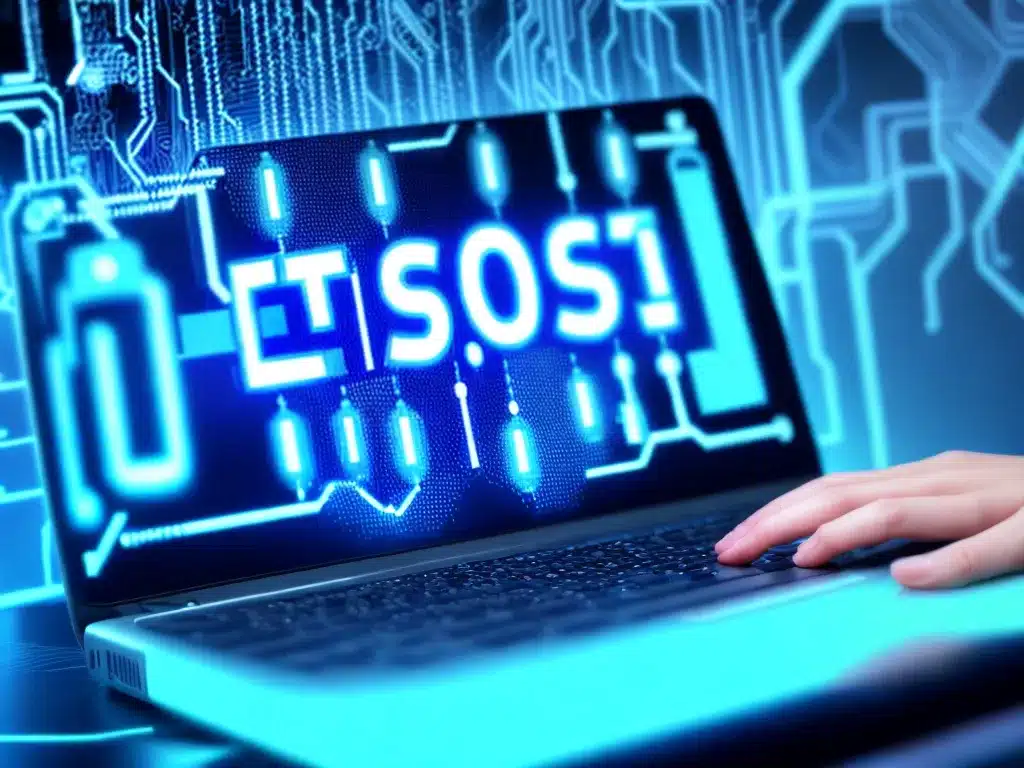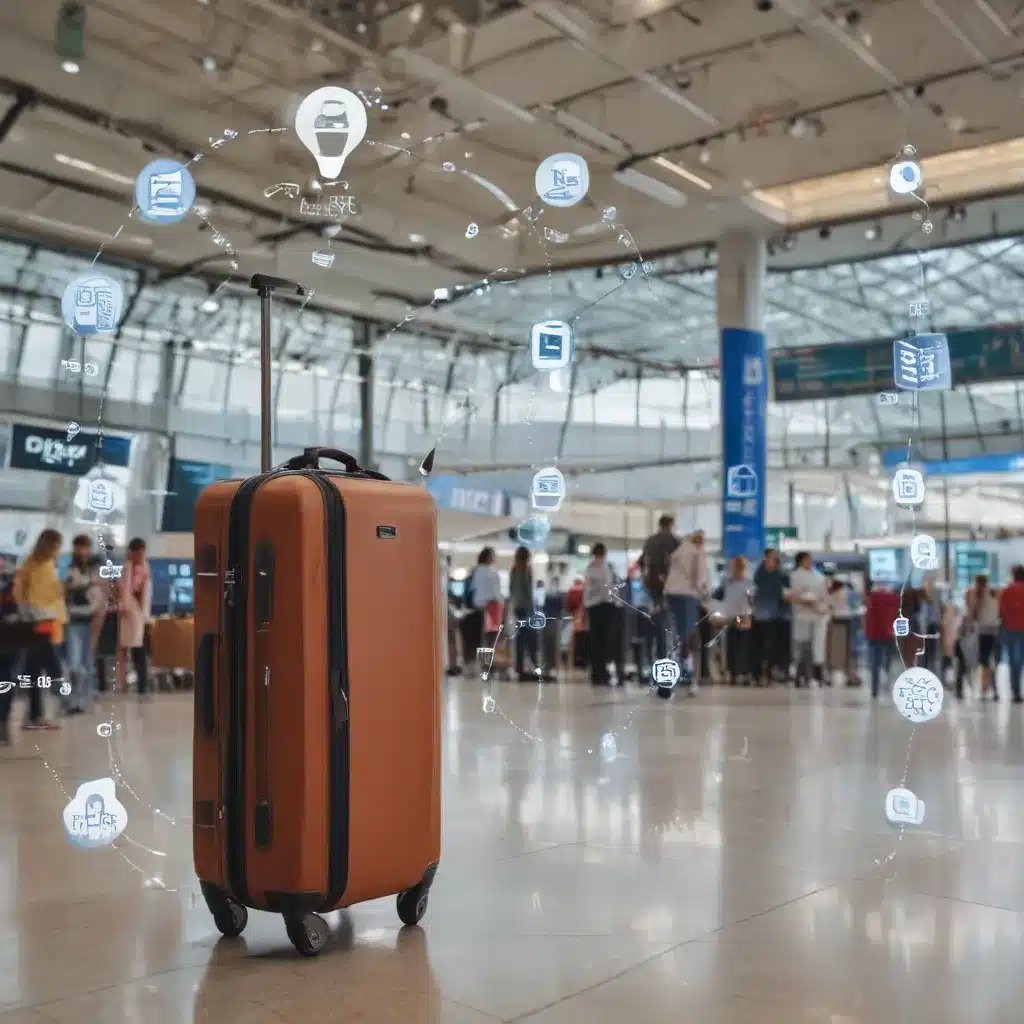Top 10 Tips to Improve Your Cyber Hygiene
Cyber hygiene refers to the practices and steps that users take to maintain system, network, and data security. Good cyber hygiene is essential for protecting your devices, accounts, and information from cyber threats. Here are my top 10 tips to improve your cyber hygiene:
1. Use Strong Passwords
Using weak, reused, or default passwords is one of the biggest cybersecurity mistakes you can make. Strong passwords are long, complex, and unique for each account.
- Create passwords with at least 12 characters, using upper and lowercase letters, numbers, and symbols.
- Use a password manager to generate and store unique passwords.
- Never reuse passwords across multiple sites or accounts.
2. Enable Two-Factor Authentication
Two-factor authentication (2FA) provides an extra layer of protection beyond just a password. With 2FA enabled, you need to provide two forms of identification to log into an account.
- Enable 2FA on important accounts like email, banking, and social media.
- Use authenticator apps or hardware keys rather than SMS-based 2FA when possible.
- Write down backup 2FA codes in case you lose access to your device.
3. Keep Software Up-to-Date
Out-of-date software and operating systems frequently have vulnerabilities that cybercriminals can exploit.
- Enable automatic updates on your devices and software whenever possible.
- Regularly check for and install updates manually on any programs without auto-updates.
- Update your devices to the latest OS versions available.
4. Think Before You Click
Cybercriminals often rely on social engineering tactics, like phishing emails, to trick users into compromising their own security.
- Be wary of emails from unknown senders, especially if they have generic greetings or suspicious attachments.
- Hover over links to check their actual URLs before clicking. Links should match the source.
- Never provide personal information in response to an unsolicited message.
5. Use a VPN
A virtual private network (VPN) encrypts your internet traffic and masks your IP address and location. This prevents snooping and blocks you from accessing location-restricted connections.
- Use a reputable commercial VPN provider. Free VPNs often have privacy issues.
- Connect through VPNs whenever accessing public Wi-Fi or unfamiliar networks.
- VPNs also allow access to region-blocked content and apps.
6. Backup Your Data
Accidental deletion, hardware failures, ransomware and other threats can result in permanent data loss.
- Regularly back up important files offline, either locally or to the cloud.
- Store backups separately from your primary devices.
- Test restoration from backups periodically to verify they work.
7. Practice Safe Browsing
Your browsing habits can expose you to web-based threats. Practicing safe browsing helps limit risks.
- Beware of potentially malicious sites and pop-ups. Only download from reputable sources.
- Clear cookies and cache frequently, especially after visiting suspicious sites.
- Use an ad blocker and anti-tracking extensions to prevent malware.
8. Secure Your Wi-Fi Network
Your home or office Wi-Fi router is the gateway to your network. A compromised router can let attackers easily access connected devices and traffic.
- Change the admin password from the default credentials.
- Disable remote administrative access.
- Use WPA2 or WPA3 encryption and a strong passphrase.
- Hide your SSID and restrict DHCP addressing.
9. Protect All Devices
Security cannot be limited to only your computer or mobile devices. Anything connected to a network needs protection.
- Update router and IoT device firmware regularly.
- Enable firewalls and security features on routers, smart devices, etc.
- Isolate IoT devices on separate network segments when possible.
10. Educate Yourself on Cyber Threats
One of the best defenses against hackers is understanding how they operate, their tactics, and the latest threats.
- Keep informed on cybersecurity trends through trustworthy industry sources.
- Learn to identify different forms of cyber attacks and scams.
- Teach friends and family members cyber hygiene best practices too.
Improving your cyber hygiene takes some time and effort, but is well worth it. The tips outlined above will drastically reduce your risks of being targeted in cyber attacks. Making cybersecurity practices part of your daily routine protects your data and identity in the long run. Be vigilant and stay safe online.












